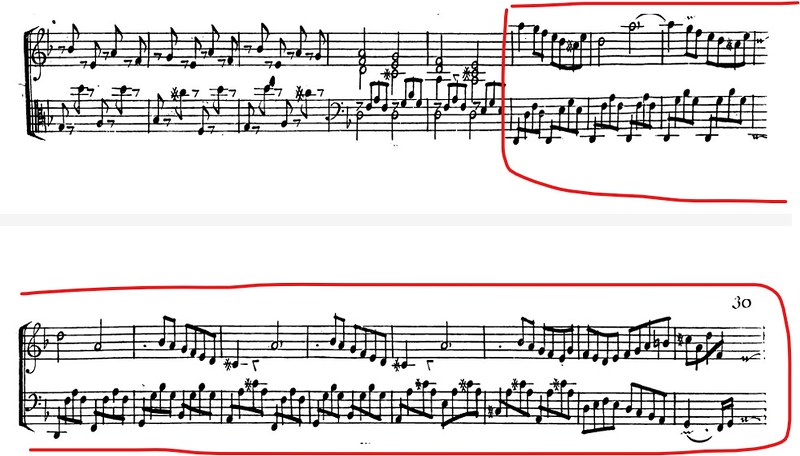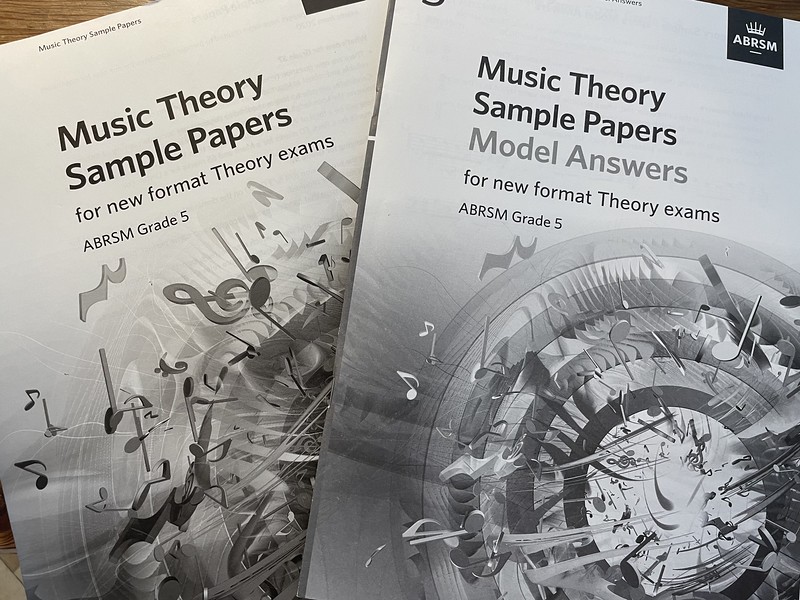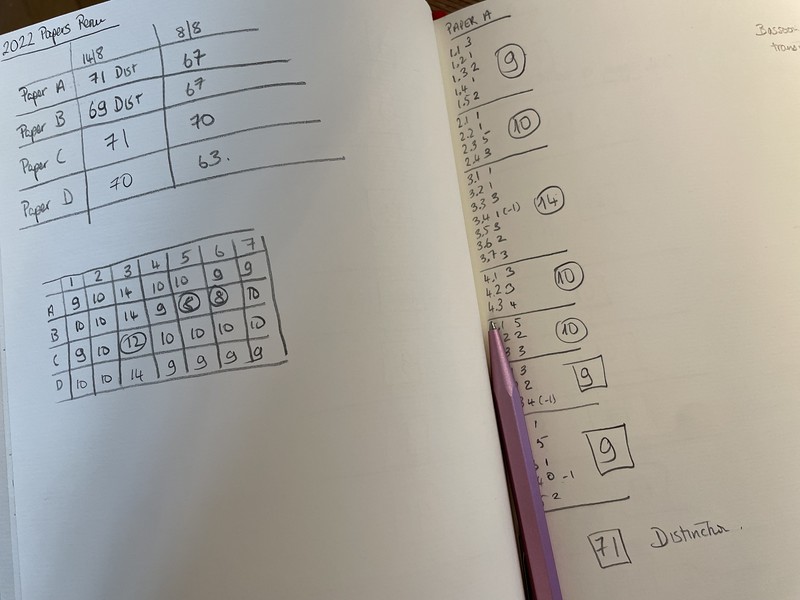It appears I missed last week. I don’t think last week was a good week anyway. I missed a few days but I still got myself into the silver league on Tonic.
This week hasn’t been the worst. I missed two days – the first two days of a new job. There was measurable progress. I’m working four pieces this week, with some snipping time on one other piece. There was nothing from the 40 pieces challenge.
So: Bach, my nemesis 2 part invention in E major. Light of my life, dark of my soul. This week, bar 7 is severely weakened and I am very slowly gaining ascendency. It’s far from perfect but in slow practice it is rarely wrong. At speed, it is always wrong. But that’s okay. I’ve started working on the second part and while the same rhythm pattern is to be found, it is not causing the same trouble so far. I have a way to go. What is likely to be more of an issue is the fingering on black keys. I have a lot of work to do there. I estimate it will take about a month at the current practice rate.
The Mendelssohn is more or less under control and in that zone where it’s being practice not to make mistakes in it. This will also reduce the amount of time going to it so next week I will start back at Elissa Milne’s piece.
Rebikov is heading the same way. There are occasional memory and fingering hick ups and I honestly hope my neighbours like it because they heard it a lot yesterday. I must say I like the piece a lot more than I expected when I started learning it first – it has some unusual fingering shapes but I know it has freed up the lack of flexibility in my fingers a lot. I expected that more from the Bach but it isn’t really happening. Anyway, over the next week or so, I expect the practice focus to move from getting it right to not getting it wrong. I will keep this and the Mendelssohn in regular repertoire afterwards.
For non-exam pieces, the main work is on one of Bach’s preludes – the famous one, basically. I like the way it sounds and it forces me to address how I practice – I practice to memorise, this is clear. Anyway, I’d like to finish that and add it to repertoire as well.
The open question, of course, is what I move to as the time taken by these pieces reduces and I work towards the exam rather than the learning. An obvious answer is to start looking at the exam pieces for Grade 8 which I’ve targeted before end of 2025. The one I would like to start most is Rameau’s Cyclops but I also have a map in my mind about what needs to be finished to feed into the next grade and for the Rameau I would like to be on top of the Bach. I am not on top of the Bach. For the Rebikov, the choice is either the Rachmaninoff or Debussy. The fixed pieces are:
- Rameau – Les Cyclopes
- Tchaikovsky June from the Seasons
- Debussy Reverie
- Rachmaninov, Moment Musical Opus 16/5
The obvious ones to start with are the Tchaikovsky and Rachmaninoff. I will map the Debussy to Milne and the Rachmaninov to Rebikov. Tchaik builds on Mendelssohn.
I don’t want to constantly say we’ll see and depending on where they go, I might revise my planning. Grade 6 is currently pencilled in for April which, Bach pending is now realistic provided the practice schedule does not fall apart.
For January, it feel apart on the days I was travelling. I find that okay.






